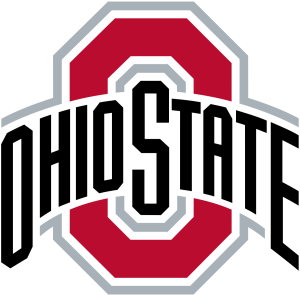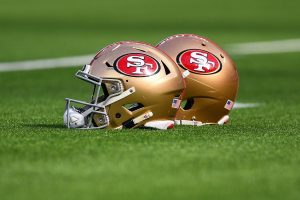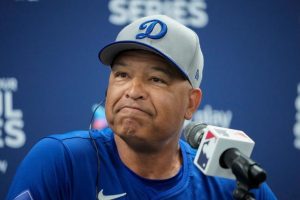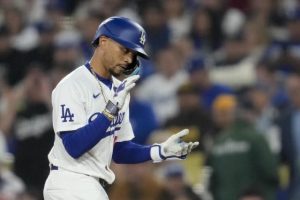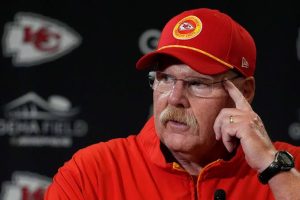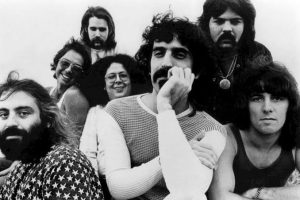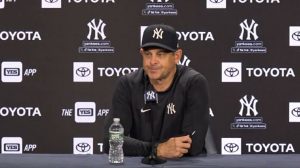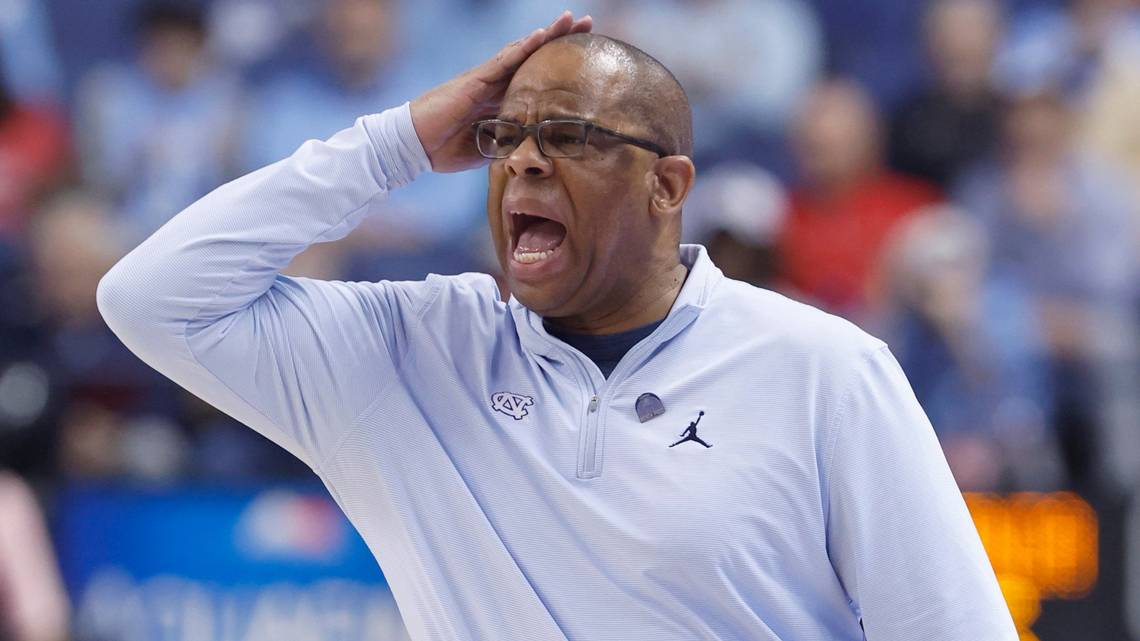
UNC basketball RJ Davis Said He Will Never Play With Tar Heels Again Till Coach Hubert Davis Will Leave….
In a different and not-too-distant era of college basketball, RJ Davis might never have stuck around long enough to become North Carolina’s leading scorer and the ACC Player of the Year. He might’ve left school, as an endless number of college players always did, in pursuit of a professional career and the compensation that comes with it, either in the NBA or overseas. In that world, Davis would’ve missed some things. He would’ve missed some of those moments he has come to treasure at UNC over the past several seasons, for one. He would’ve missed the commercial opportunities that have come his way the past few years, since college athletes have been able to profit from endorsement deals. He might’ve been in a hurry to get going. Now, though, he’s part of a growing number of players faced with a different kind of question in this still-new college basketball reality: Since college athletes can make money — and a lot of it, in some cases — what is the cost of leaving school early? Davis already has played four seasons at UNC and could return for one more. He’s part of the final class of athletes to whom the NCAA granted an additional year of eligibility, due to the pandemic. He recently offered few hints about his future during the final weeks of a season that he and his teammates believe ended too soon. Davis talked his way out of inquiries about whether he’d be back. He kept his thoughts to himself. He became adept at saying something, in response to questions, without saying much of anything. The internal deliberation about staying or going was “definitely a tough decision,” he said the day before what turned out to be the Tar Heels’ final game. “So that’s why I have to remain in the present moment and I’ll worry about it when I get there.” Davis, who earned consensus All-American honors, has been “there” for a while now. UNC’s season ended March 28, with an 89-87 defeat against Alabama in an NCAA Tournament West Regional semifinal in Los Angeles. Davis walked out of the arena that night knowing he’d played his final game with this particular team. Knowing, maybe, that he’d played his final game at UNC. Or maybe not?
For a long time the decision-making calculus was easier for college players in Davis’ position. If they wanted to get paid — at least in the above-board, not-against-NCAA-rules kind of way — they could choose to pursue a professional career. If the allure of remaining in school was too strong, they could always come back if they had remaining eligibility.
For years a great many college players turned pro, even if they faced long odds of making an NBA roster. Money was money, after all, whether in the NBA’s developmental league or in Europe or Asia, where professional leagues often offer lucrative salaries. And if a player had any chance of becoming a first-round selection in the NBA Draft, it was usually an easy decision to leave. It likely still is, given the potential reward. Those players picked in the first round enter the NBA with guaranteed salaries in the millions. There are no such guarantees, though, for anyone selected in the second round, or for those who might work their way into an opportunity after going undrafted. Davis, despite his accolades as a college player, is among many prospects on the margin. He has not been included in any mock draft for the NBA. At 6 feet and with a relatively slender build, his size is seen as a liability. And as great a scorer as he has proven to be in college, there are questions about how his game would translate to the NBA, which has become a league full of similarly-skilled guards — only ones who are more physically gifted.
